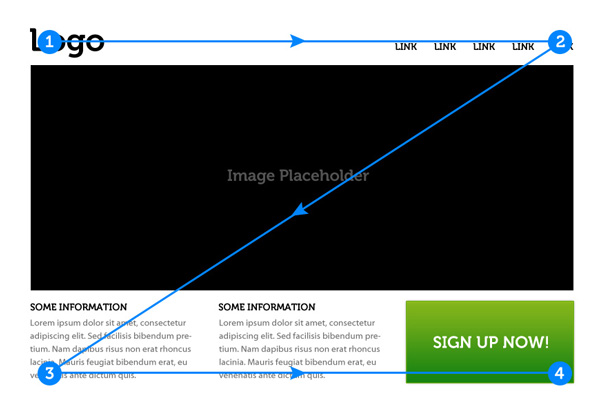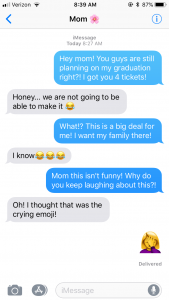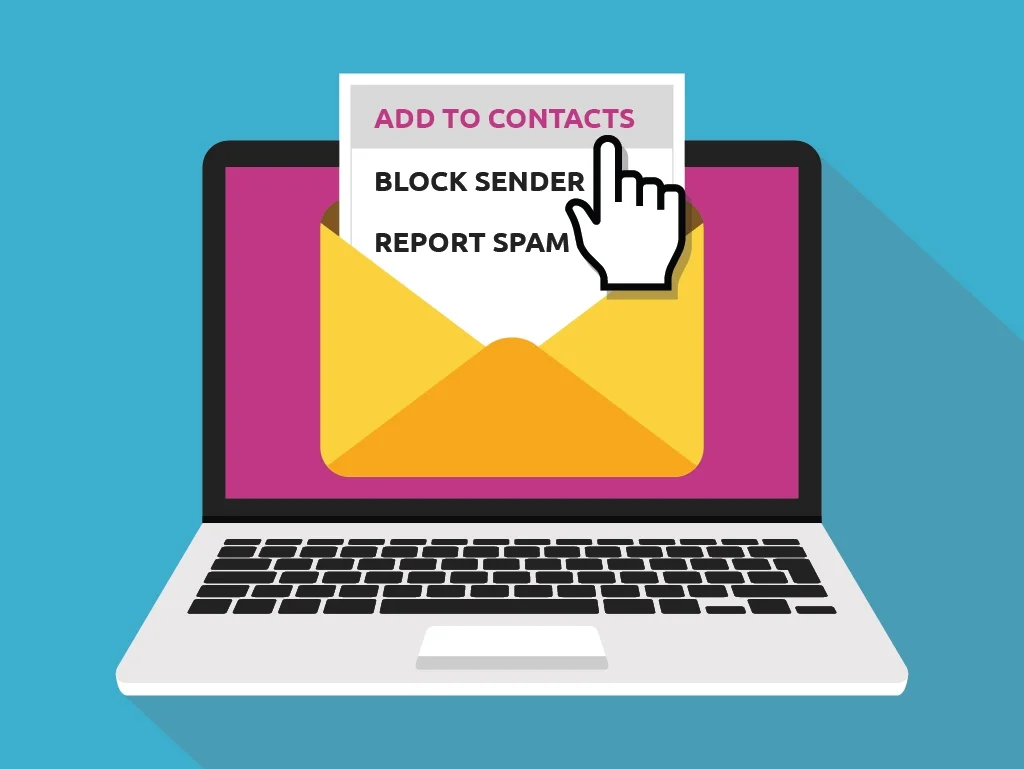If everyone hates spam, and none of us open junk email, why do we continue to send email marketing? The answer is that when done right, email marketing is a key part of any multi-channel, multi-touch campaign. We easily remember the bad emails that are deleted en masse, but sometimes don’t realize that the friendly reminder email from Amazon about a recent purchase got us to actually respond and review a product.
Email marketing is inexpensive and rapidly scalable, so many businesses clutter inboxes with dozens of offers, sales, and messages. These same businesses struggle with low open rates, high spam warnings, and low response, often because they failed to follow simple email marketing best practices to make your campaign more effective.
Below are our top 10 email marketing best practices.
1. Start with the End in Mind
It’s important to guide your visitors through the buying journey with CTA’s that are strategic. What do you want people to do? Join, subscribe, buy, share, like, watch, etc. If you start with the end in mind, your copy and design will all flow to that goal. We recommend using only one call-to-action in your email, and we’ll explain why in the next section. 
Here are a few strategic CTA’s to catch your customer’s attention, and keep it.
• Remember Everything
• Sign-up for free
• Cancel anytime
• Launch
2. Have a Singular Focus
Too many emails are filled with multiple calls to action, which distract and confuse the reader. The human brain is not wired for multi-tasking, keep it simple. Ask people to do one thing at a time. Don’t ask your readers to subscribe, sign up and follow you on social media all in one swing. Good things take time.
3. Clear the Clutter
In design and copy, less is more. Get to the point. Avoid fluff. One of the most common flaws in unproductive emails is that people try to jam “10 pounds of flour in a 5 pound sack.” Let your design “breathe” and protect your CTA buttons with white space. Use a simple Z pattern for design (or reverse S). Before people read what you have to say, they will make determinations based on the look of the ad.

4. Choose Your Words Carefully
Avoid TL:DR (Too Long Didn’t Read). Get to the point. Focus on the desired action. Avoid industry lingo or technical terms. Bullet points are good, but not great. Have clear, concise supporting content to add relevance to the bullet-points.
5. Be Friendly and Relatable
Avoid legal, robot speak. Speak in a conversational, upbeat, and active voice. A simple test for active voice: If you can add “BY ZOMBIES” after the verb, it is passive.
PASSIVE – The survey results will be used (BY ZOMBIES) to improve the customer experience
ACTIVE – We will use the provided data to improve your (and other’s) customer experience
It’s important to humanize your brand. Because your customers or future customers are getting hit with dozens of emails a day, this is your chance to create a personal conversation. It’s even ok to talk about challenges and obstacles, you want them to be able to relate to you.
6. Be Trustworthy
Which sender would you open first?
• NO-REPLY@xyzcompany.com
• Rachel from XYZ Company
• XYZ Company
Play with from addresses. Highest open rates are typically tied with familiar name or title, rather than a generic company name. These emails make it feel as though they are sent personally and that you could talk with the sender. No Reply just shows that you don’t care.
7. Strategically Use Emojis
A picture is worth a thousand words. Emojis can provide a fun and highly effective punch to your headlines. But be careful, emojis can make good copy better and bad copy worse. Also, ensure that your emojis are conveying what you hope to convey. Don’t use emojis incorrectly like your mom does.

8. Personalize to the Individual
Always say “Hello”. People love to see/hear their name. They are more likely to engage in a personal message. Common usages of this are:
• Name
• Life event (birthday, anniversary, graduation, etc.)
• Previous purchase history recommendations (Shop by specific size)
• Abandoned cart reminders (did you forget)
• Weather-related (it’s heating up in [city]. It’s time for….)
• Pre or post-event (thanks for coming)
9. Optimize for Mobile
54% of emails are opened first on mobile devices And email continues to be the most popular smartphone activity
With these 2 points in mind, emails should be tailored primarily to a mobile audience. Single column, responsive design is the standard for email marketing. It is also an email marketing best practice so simplify your menu or navigation options if you are providing a microsite experience via email.
10. Schedule Effectively
When is the best time to send an email? What day of the week? What time of day? How often should you send emails?
These are common questions that any email marketer worth their salt will ask. As usual, there are no simple answers as each industry is unique. But through proper tracking and analysis of your current users, you can determine a sweet spot. With most emails being opened on mobile, studies show that we are using our phones everywhere (at home, work, in bed, in the bathroom, etc.).
As for the frequency, it depends. Personalized, specific content can still be extremely effective, even at a high-frequency rate. If you don’t know, ask your prime clients.
Email marketing is a powerful communication tool to continually message your current and potential clients. But if wielded poorly the tool will inflict more damage than results. A personal email address is access into an individual’s daily life, which is an amazing marketing opportunity. But as Uncle Ben said to Peter Parker (AKA Spider-Man), “with great power comes great responsibility.”
If you need help with improving your email marketing campaigns, consider contacting one of our experts to guide you to top level performance.








